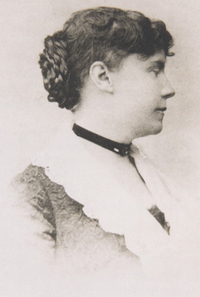A Quote by Graham Joyce
The thing is, when everyone is trying to persuade you that a thing you know to be true isn't actually true, you start to believe them: not because it is true but because it's easier. It's just the easy way out.
Related Quotes
As far as the persona, I'm true to myself. Not because I'm arrogant, but I'm true to myself because I believe that you have to stand for something. When you start sacrificing that, even if it's just a line in a song or something you say on the mic at a show, or the way you treat someone when you see them out in public, that all reflects on who you are.
People are stupid; given proper motivation, almost anyone will believe almost anything. Because people are stupid, they will believe a lie because they want to believe it's true, or because they are afraid it might be true. People’s heads are full of knowledge, facts, and beliefs, and most of it is false, yet they think it all true. People are stupid; they can only rarely tell the difference between a lie and the truth, and yet they are confident they can, and so are all the easier to fool.
Writing a book about [Buckminster Fuller] in the sense of deciding how much to - how much biographically to gloss over and how much I can leave out is relatively easy as it is because the true believers already know everything. They know a lot of things that are not true and they know a lot of things that I thought were (and seems there's very good evidence not to believe) and therefore, my starting point was I think to tell his myth because that's what grabbed me.
I'm not an advocate of true rhymes, I don't think. I think that everyone who writes musical theater needs to know how to do true rhymes, because that's the tradition of it, but I do think that in order for the art form to grow, it's important to not let tradition get in the way of innovation. There's all kinds of reasons not to use true rhyme in a lyric, like with off-color humor.




































